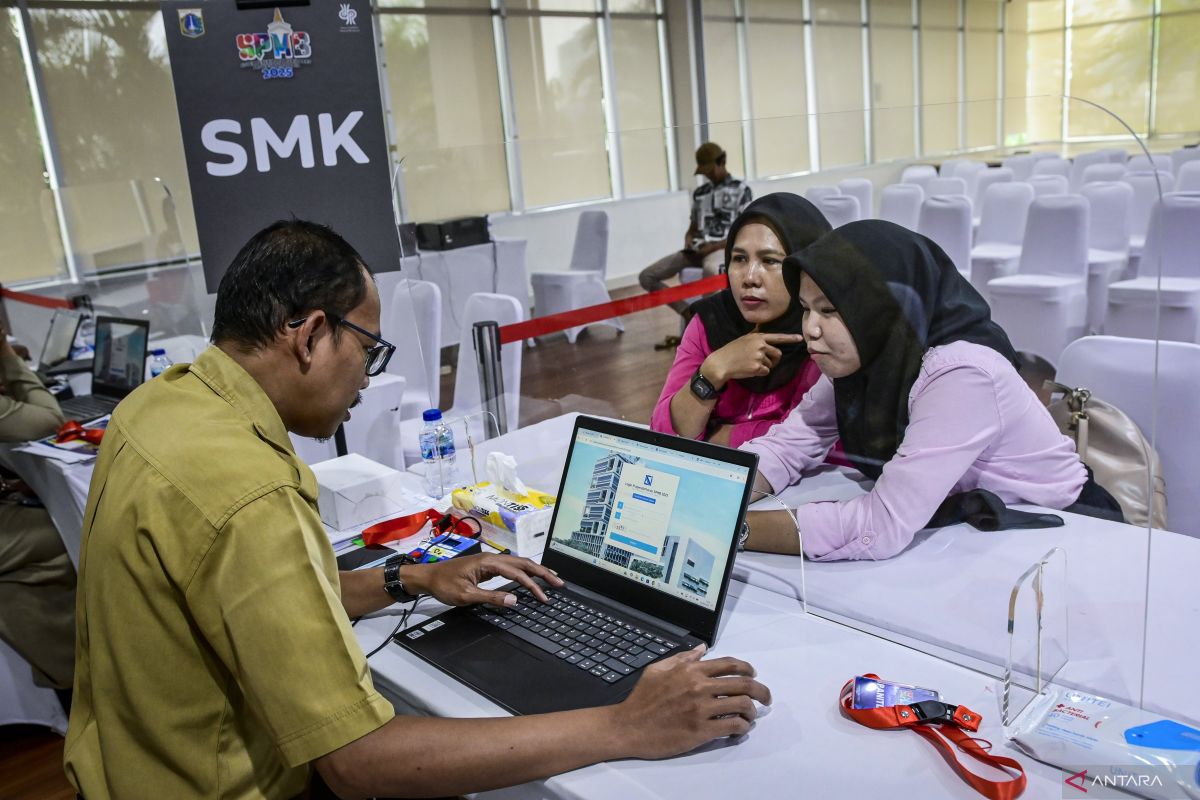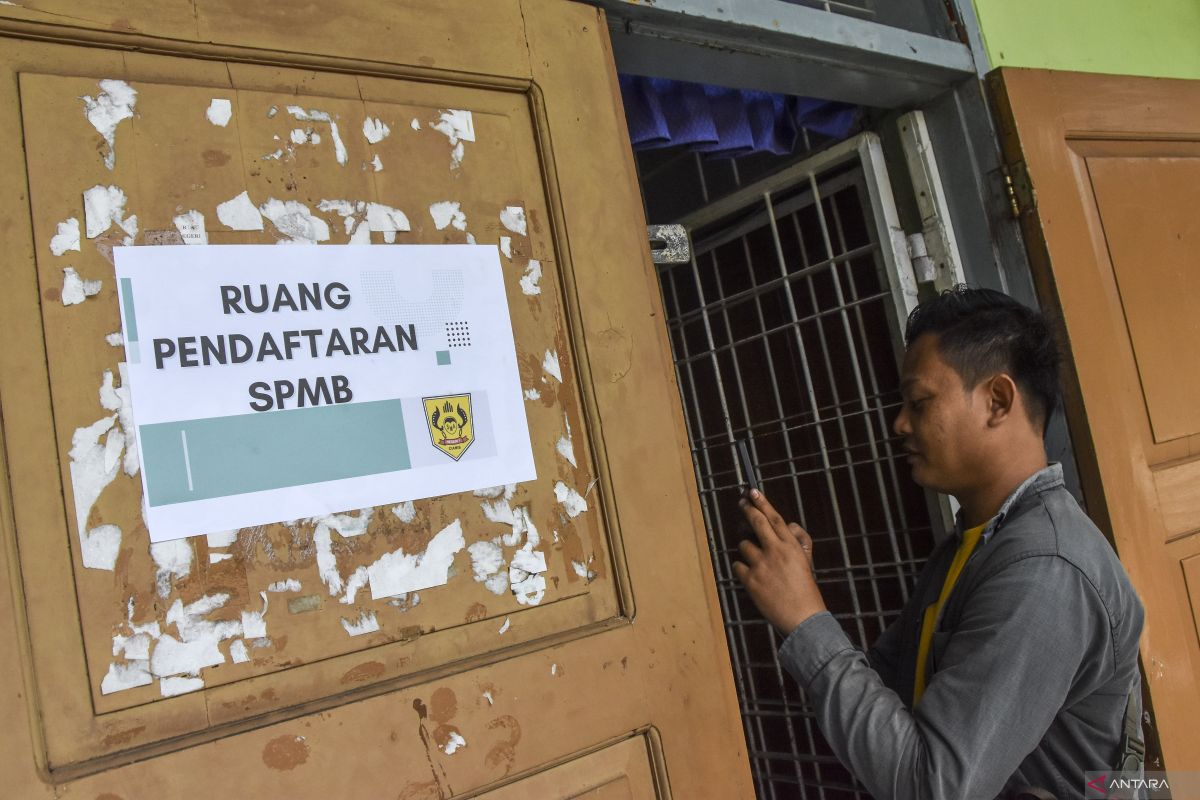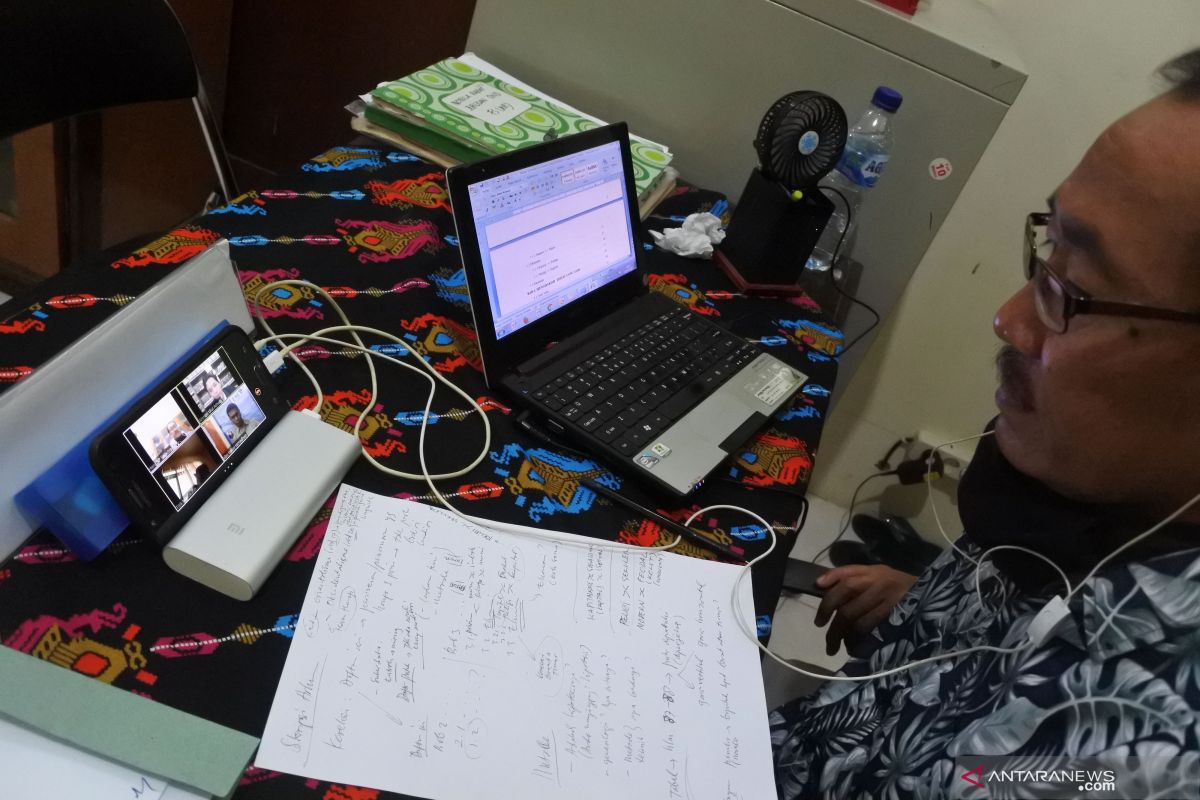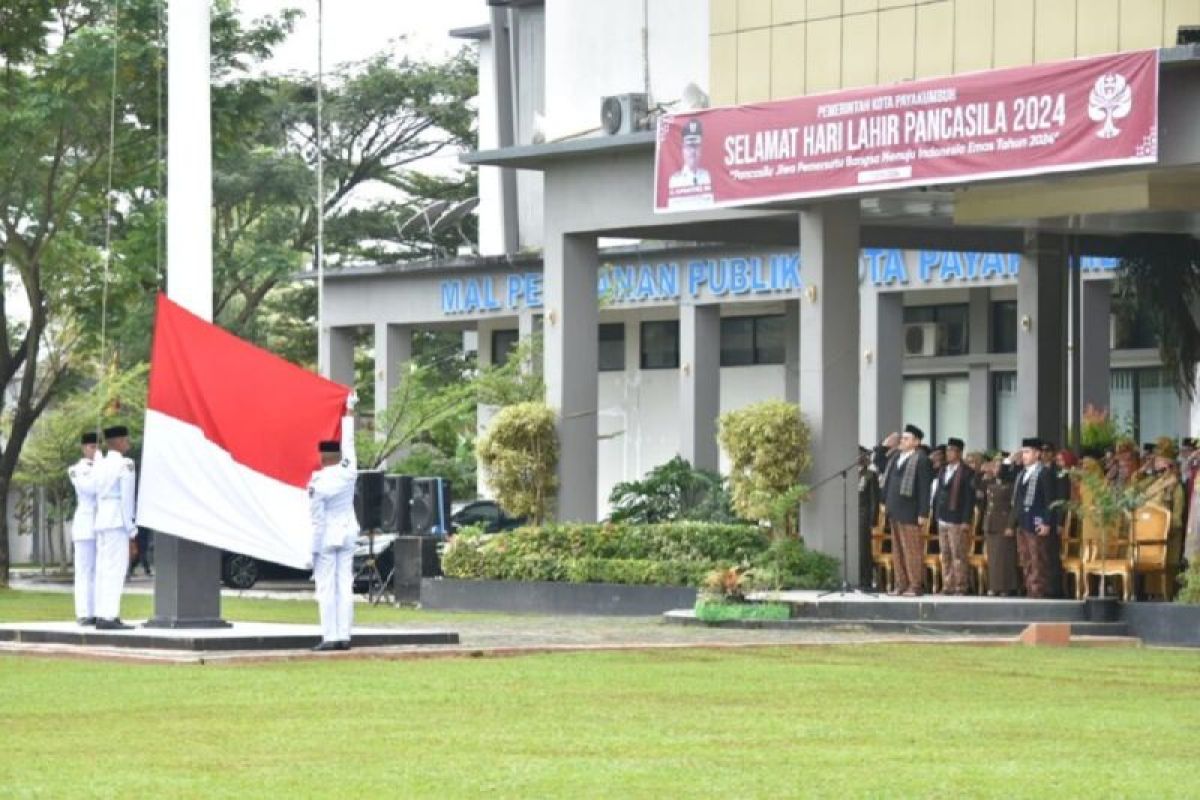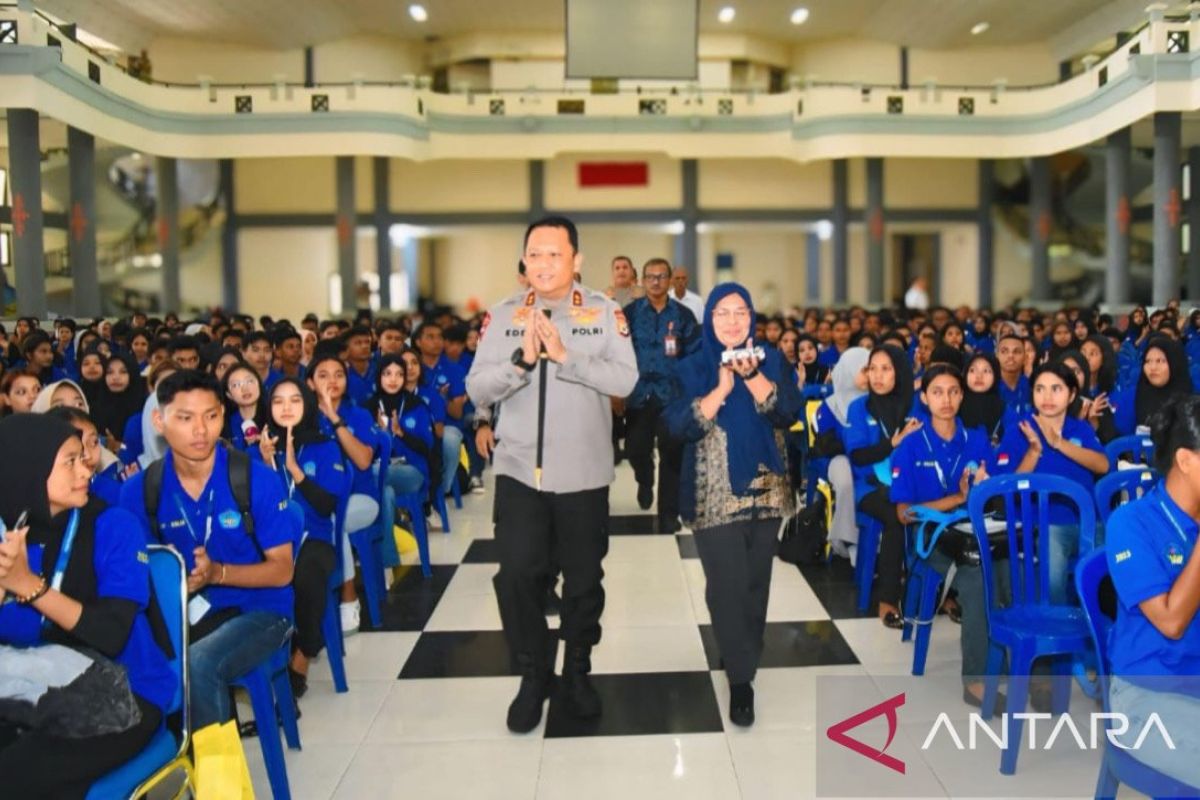The Ba Orient was a plush Chinese restaurant and cocktail bar in the Cardiff’s bay area popular with celebrities. For one night in 2006, it added another star to its list.
The Cardiff Blues were out on the town for their end of season players' party, and no expense was spared. ‘There was Cristal champagne on arrival,’ captain Rhys Williams recalls. ‘I remember thinking it was a nice touch. But after a while, the Cristal kept flowing and it got to the point where most of us started to wonder who was going to pay for it all. Cristal isn’t cheap!’
Fortunately for Williams and his team-mates, one of their bunch picked up the bill – rugby’s first true superstar and arguably still the greatest to have ever played the game.
It is now 20 years to the day since Jonah Lomu signed for Cardiff and a decade since he passed away, after a long battle with kidney problems. A try-scoring behemoth on the wing for New Zealand, Lomu exploded on to the scene at the 1995 World Cup, redefining what was possible on the field with his pace and power.
It made him a true sporting icon, so his arrival in the Welsh capital in 2005 – for what was his only club stint in the northern hemisphere – was a transfer that shocked the rugby world. It was on October 1, 2005 that Cardiff confirmed the capture of the giant All Black.
Here, Daily Mail Sport talks to those who were at the centre of the deal to find out how they pulled it off, what Lomu was really like, and hears the previously untold stories of the huge impact he had at the club.
October 1 marks 20 years since Cardiff stunned the rugby world by signing Jonah Lomu
Lomu had been the most feared man in the sport in the late 90s but by 2005 had been struck down by his long-standing kidney problems
This is the story of Lomu at Cardiff - told by the team-mates and coaches who were there
Dai Young’s rugby career included plenty of highs and lows both as a player and coach. But he will never forget the day he was summoned from training to meet the late Peter Thomas and Robert Norster, then Cardiff’s chairman and benefactor and chief executive.
‘We had a few niceties before Peter said to me he had a big-name signing who wanted to come to Cardiff he’d like me to consider,’ says Young, who was Cardiff's head coach at the time.
‘Contrary to what some might say, Peter never, ever forced players on me. But on this occasion, he asked me to hear him out. He said: “It’s Jonah Lomu”.
'I just laughed. Everybody’s first reaction was the same as mine – it was pretty much “f*** off”. I still didn’t believe them for the next 15 minutes.
‘Once the surprise started to fade, I thought about the practicalities. Jonah hadn’t played for a while and he’d had his issues with illness, so I wanted to know was this a commercial signing or a rugby signing? I could see it from the club’s point of view. But I didn’t want to be put in a position where I was under pressure to play him.’
Lomu had been diagnosed with a serious genetic kidney disorder in 1995. He initially defied the condition to continue terrorising the best sides in world rugby but by 2004, he’d been forced to undertake not only dialysis, but a kidney transplant that saved his life. Cardiff was his first major step back into the sport he loved post-surgery.
He harboured outside hopes of returning to the All Blacks team for the 2007 World Cup, or at the very least adding to his 63 caps and 37 Test tries. He required clearance from the World Anti-Doping Agency before returning to the field, as one of the anti-rejection drugs he was taking post-surgery contained a banned substance.
‘I’d had a call from Steve Hansen, who was Wales coach until 2004, and he told me Jonah might be interested in playing in the UK where he’d look to regain his fitness,’ says Norster.
Cardiff coach Dai Young could not believe what he was hearing when told that he could have Lomu in his side for the 2005-06 season
Lomu was undoubtedly diminished, but still a hugely imposing and intimidating figure within the white lines
He had been forced to undergo dialysis and a kidney transplant, and even needed clearance from World Anti-Doping to ensure he was able to return to the field
‘It would have been a total nonsense not to look at the option of signing such a player given the potential marketability. I didn’t believe it was possible at first. But Cardiff Arms Park was packed whenever Jonah was on the field.
'I remember before his first home game, I went on the pitch and made a joke that contrary to popular belief, we hadn’t signed Joanna Lumley, it was in fact Jonah Lomu. It was the only laugh I ever had off the south stand!’
As he did regularly for more than two decades, Thomas funded the signing of Lomu out of his own pocket and outside of Young’s transfer budget. Norster concluded the deal while Thomas, unusually for him, was absent from his day duties at the 2005 Dunhill Masters in St Andrews.
Lomu’s agent and then partner Fiona agreed terms for the rest of that season with the option of a further year. The contract reflected the fact Lomu had spent a significant period away from rugby - it was ‘good but not silly money.’ The more Lomu played, the more he earned.
Norster says: ‘Jonah was a giant as a rugby player, very physical and intimidating. But as a person, he was the reverse of that. ‘He didn’t want to get involved in discussions as ugly as finances.’
And as Young adds: ‘In the end, it was a no-brainer. No one could believe he was coming until he walked through the door. But from the moment he did, he was fantastic.
‘As much as rugby can have a global superstar, he was it. He fitted into the dressing room like one of the boys. He had such a big heart. We had a lot of young, talented boys coming through our academy at the time. Jonah would use his deal with adidas to get them free boots and kit.
‘In rugby groups, players are always messing about with their phones. One day, one of the boys grabbed Jonah’s and looked through his contacts. It had every superstar going – Hollywood film stars, the lot. All the boys were giving him grief, saying “that’s bull****. You don’t know them”. Jonah rang up one or two of them and then passed the phone over!
Lomu (right) on a night out with his Cardiff captain Rhys Williams (centre) and fitness coach Rhodri Manning (left)
Lomu on his Cardiff debut, a 25-10 win at Italian side Calvisano in the Heinken Cup
He would only make 10 appearances for Cardiff, with one try, but he made an enormous impact beyond just what he brought on the pitch
‘He really did know everybody. But he didn’t do things for show. When you’d walk into the canteen, there would always be a full table around Jonah because the other players just wanted to hear his stories.
‘I hoped he’d live up to expectations. Imagine if I’d not picked Jonah Lomu! Before his first session he said to me: “Dai I’ve got to warn you, I’ve done no running for several weeks”.
‘He’d done most of his training with one of his best mates who did martial arts. In the first session he did, we did sprints. Even the props were beating Jonah! I thought to myself “oh my God”, but he soon got up to speed and warranted selection.
‘He wasn’t quite playing like the Jonah of his heyday, but with Jonah it was about more than his rugby ability. He was an icon of the game. He promoted rugby as a whole, not just who he was playing for.
‘The difference between Jonah and other players was that even the average man or woman in the street who didn’t know rugby had heard of him. The game could do with that now.’
Understandably given his health troubles, Lomu started slowly at Cardiff. He joined two years after Welsh rugby had moved from a club-based model to regional franchises and in the same year Wales won their first Six Nations grand slam in 27 years. He arrived fully in the November and bore the scars of his past.
As part of his dialysis treatment, Lomu had undergone an operation which involved taking an artery from his thigh and inserting it into his forearm. He wore a forearm guard to protect it when playing as a result. But he still made his debut in the fires of a Heineken Cup away match.
‘Jonah’s first game was away at Calvisano of all places,’ says Norster. ‘They had a massive crowd there. I went round with cap in hand at the end of the game to see if any of the Italians would contribute to paying towards him but got little response!
Lomu had first burst onto the scene at the 1995 World Cup, when he torched defences - not least England's - en route to the final with New Zealand
Lomu refused to demand huge money despite his status, and gave huge handouts to his Cardiff team-mates both in restaurants and with his adidas deal
‘Shortly after, we played at Border Reivers. It was a very remote Scottish venue. When we got off the bus, there was only one bloke and his Land Rover there.
‘I jokingly said on the way in “we’ll have a delayed kick-off today because of the big crowd!” An hour and a half later the referee knocked our changing room - he was delaying the match.
‘It was mayhem outside. It felt like every rugby fan in Scotland had descended on that little ground and there was a huge traffic jam which meant the ambulances couldn’t get through. That was the biggest crowd the Border Reivers ever had and it was the same everywhere we went with Jonah. He was still a mighty force and a very big man with some amazing ability.
'He was still quite an innocent guy behind his global image. I remember he made best friends with Lee Thomas, a younger player. Lee and Jonah would constantly be playing PlayStation together which was surreal to see.
'With Sir Gareth Edwards and Jonah, Cardiff has been lucky to have an association with two of rugby’s greatest ever players.’
Lomu scored his only Cardiff try in a thumping win over Newport in late 2005, which drew a Celtic League record crowd of 12,436. Packed stands followed him everywhere he went.
It was cruel that in April 2006, just as he seemed to be hitting form, he broke his ankle – an injury which ended his time at the club. Lomu had stints back in his homeland and in France after leaving Cardiff, but Welsh club rugby was the highest level he played at before retiring in 2007 aged 32.
He continued to battle kidney problems until his death at the age of just 40 in 2015 due to a heart attack that was brought on by his underlying health issues.
Lomu died aged just 40 in 2015 of a heart attack, which was marked by a huge public memorial in New Zealand. Pictured here are his widow Nadene and their two sons, Brayley and Dhyreille
Lomu on his arrival at Cardiff with fellow club legend and director Gareth Edwards
‘I was captain of Cardiff when Jonah joined, but I’d first met him when I was 17 and I’d toured New Zealand with Welsh Schools,’ says Williams. ‘It was when Jonah was ill, but I got a picture with him. When Jonah signed for us, I got to know him quite well and not long after he joined, he invited me and Liz, my girlfriend at the time and now wife, over for dinner.
‘I took the Welsh Schools picture with me. At some point during the night, I told Jonah I’d met him when I was 17. He looked at the picture and said he could remember the game.
‘He might have been bull****ing me, but I don’t believe he was. To me, that summed up how personal he was. Liz said I was totally embarrassing!’
Williams was Lomu's skipper aged just 25. As we talk, he scrolls back through his phone in search of memories. ‘Bloody hell,’ he says, looking up. ‘I’ve still got Jonah’s number saved. How weird is that?
‘When Jonah left Cardiff, he left behind his boombox for the gym. It was miles better than the little HiFi we had at the time. He left his TV to Lee and sofas to another one of the academy lads.
'He didn’t drink the whole time he was with Cardiff because of his health until the last night when he let himself go! He was absolute rockstar, but had all the time in the world for people. If Jonah and Craig Quinnell were in the same room, it would be like a battle of the stories. If one of them had an elephant, the other had a box to put it in!
‘If someone had told me when I was 17 I would go on to captain Jonah, I’d never have believed them. I look back on those times and wish they hadn’t had gone so quickly. I wish I could go back, but I’ve always got the pictures of us together.
‘It was so sad what happened to Jonah, because you wonder how much more he could have given to the game.’
Williams was Lomu's captain at the age of just 25 and grew close to the All Blacks str
Williams spent his entire playing career with the Blues and played 44 times for Wales
‘It was so sad what happened to Jonah,' says Williams, 'because you wonder how much more he could have given to the game.’
The player himself spoke fondly of his Cardiff stint and as the years go by, the fact he played for the club seems all the more remarkable. Given Welsh rugby’s current struggles, one of their four sides signing one of the game’s megastars today is totally unthinkable.
‘People talk about me being a legend of the game, but I don’t believe I am,’ said Lomu when he left Cardiff.
‘My time in Wales has been brilliant. I’ve loved the passion and interest for the game, but people have also given me space and respected my privacy. It will be more of a goldfish bowl when I go back to New Zealand.’
Lomu’s time in British club rugby might have been short, but it was also sweet. Those he met – with Young, Norster and Williams just three among many – will never forget doing so. Lomu’s place both in rugby and Cardiff history will remain forever.

 2 hours ago
1
2 hours ago
1































